The paintings to which this volume serves as a catalogue belonged once to one or the other member of the Sarabhai family. But, compared to so many other distinguished collections which the family owned, and later gifted either to the Calico Museum of Textiles or the Sarabhai Foundation—of textiles, pichhwais, manuscripts, Jain artifacts, and south Indian bronzes, among them—they have remained little known till now.
There is no dominant theme that runs through the collection, and paintings may not, by themselves, have been a dominant passion in the life of the Sarabhais, but the works they collected reflect great discrimination and aesthetic sensibility. What is more, in the collection there is remarkable breadth and even the casual viewer would be struck by the well-rounded view it offers of the broad historical development of Indian painting. There are works here that come from as early as the 11th century and as late as the 19th; small Pala works on palm-leaf jostle here against some of the earliest works done on paper when that material came into use; Mughal works like those from some of the most celebrated series like the Hamza Nama or the Padshahnama stand close to dazzling folios from the so-called ‘Palam’ Bhagavata; the painter Chokha of Deogarh figures in the collection as much as the great Nainsukh of Guler does.
The present volume, authored by one of India’s foremost art historians, invites one, through long and detailed notes, to linger over each work, and savour it. Looking at these paintings with studied leisure can turn into an experience akin to slowly and gently unrolling an unending, embroidered scroll with one’s hands.

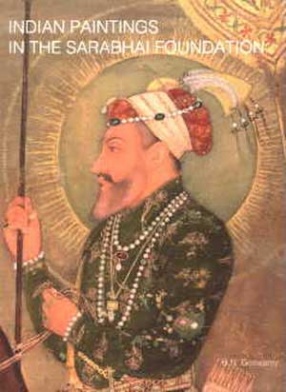
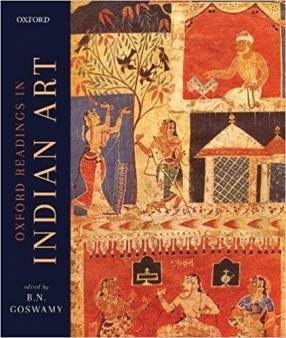
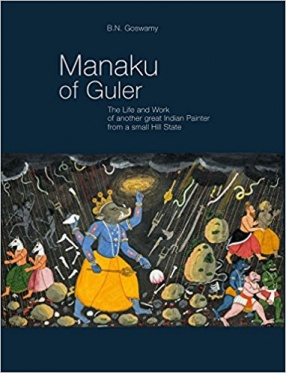
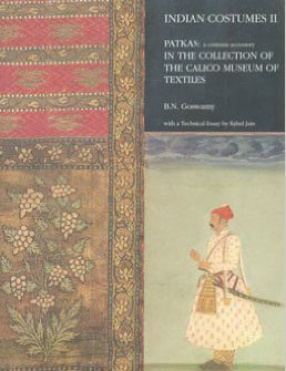
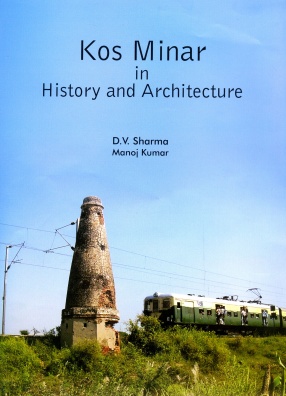
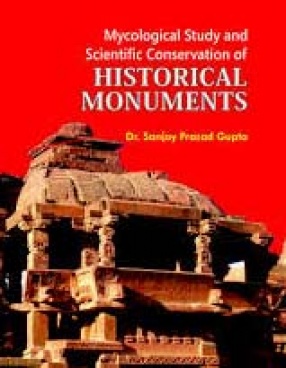

There are no reviews yet.